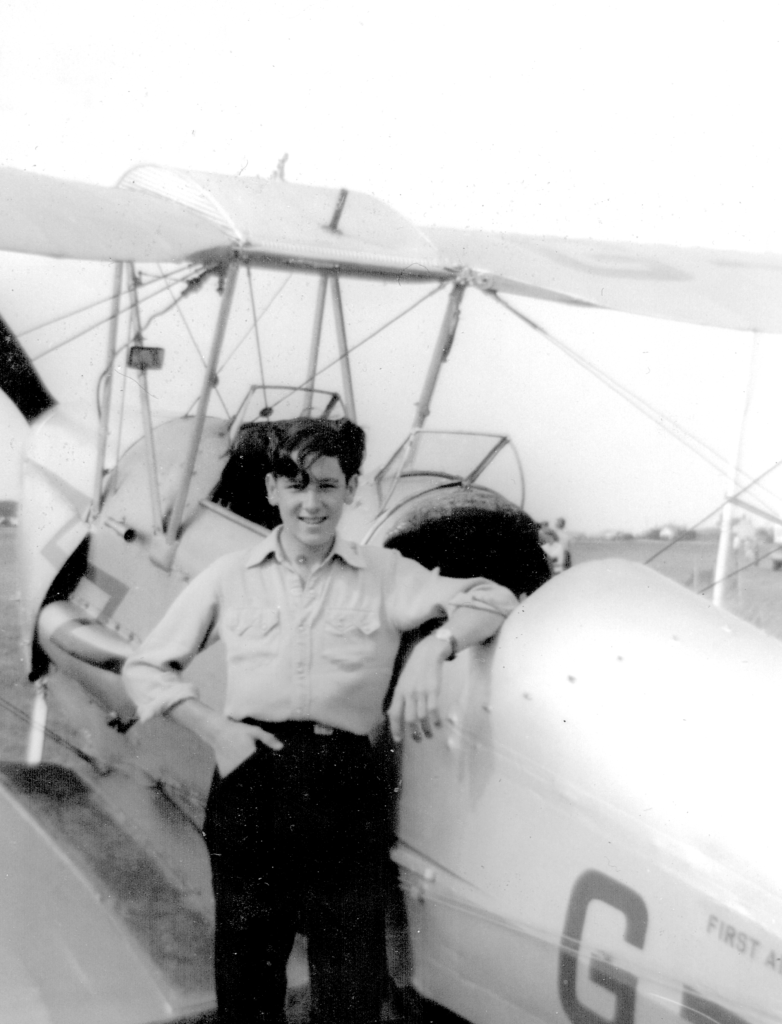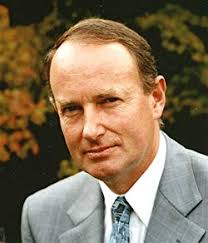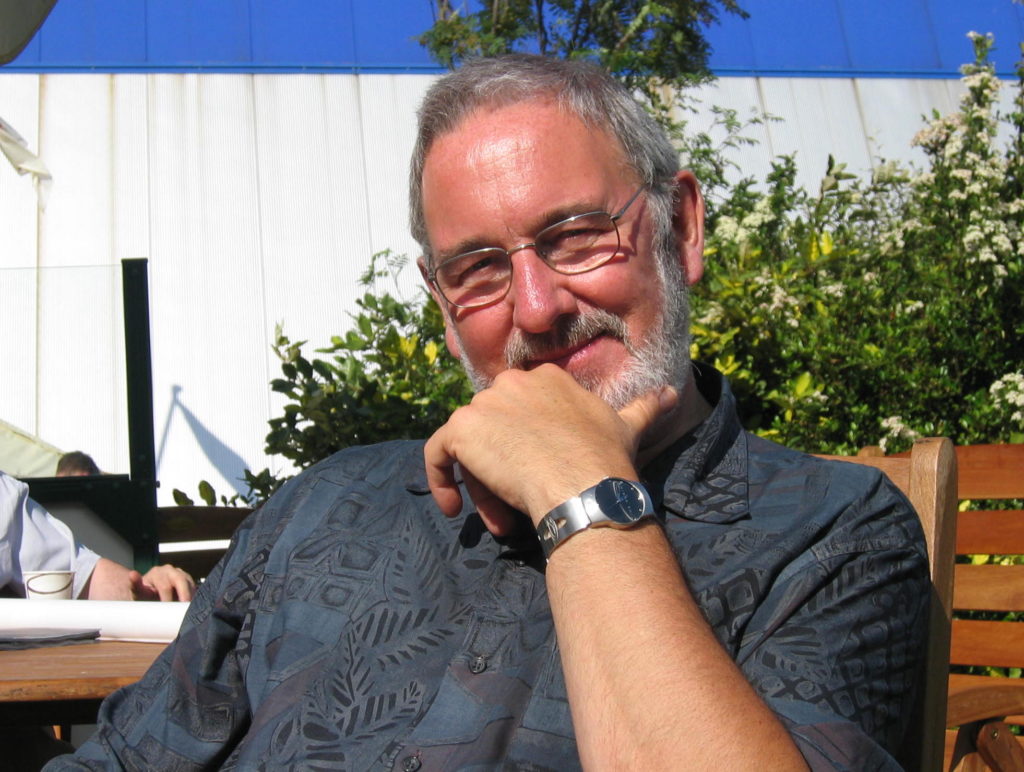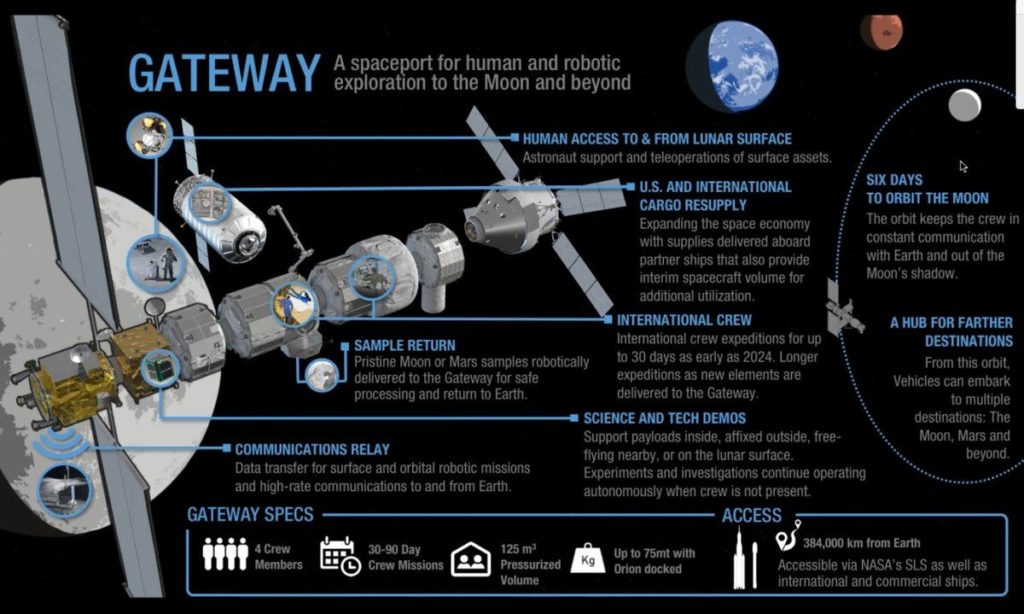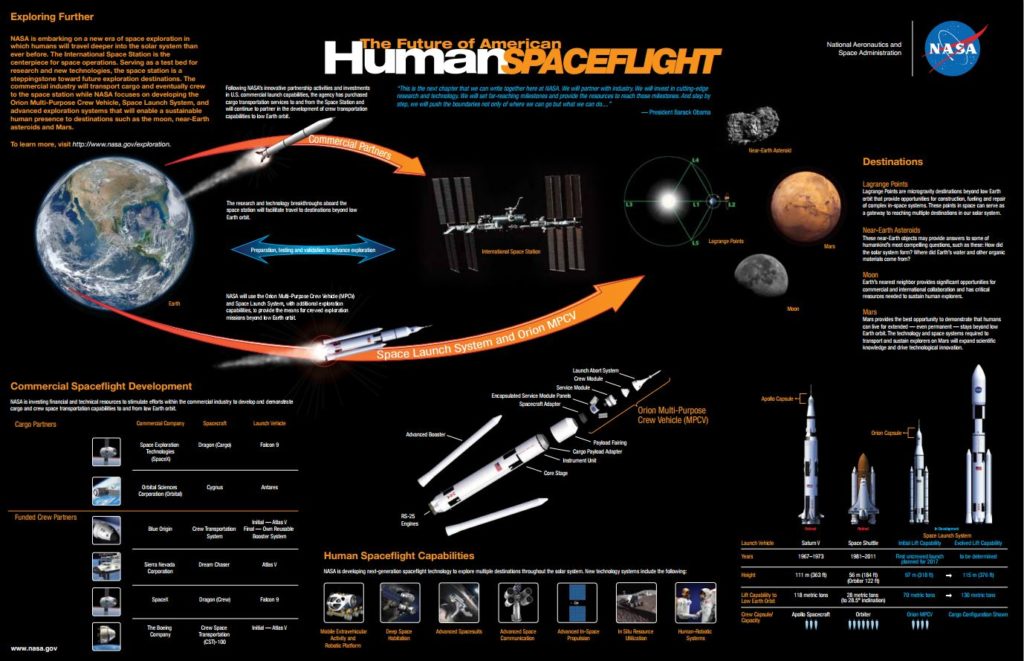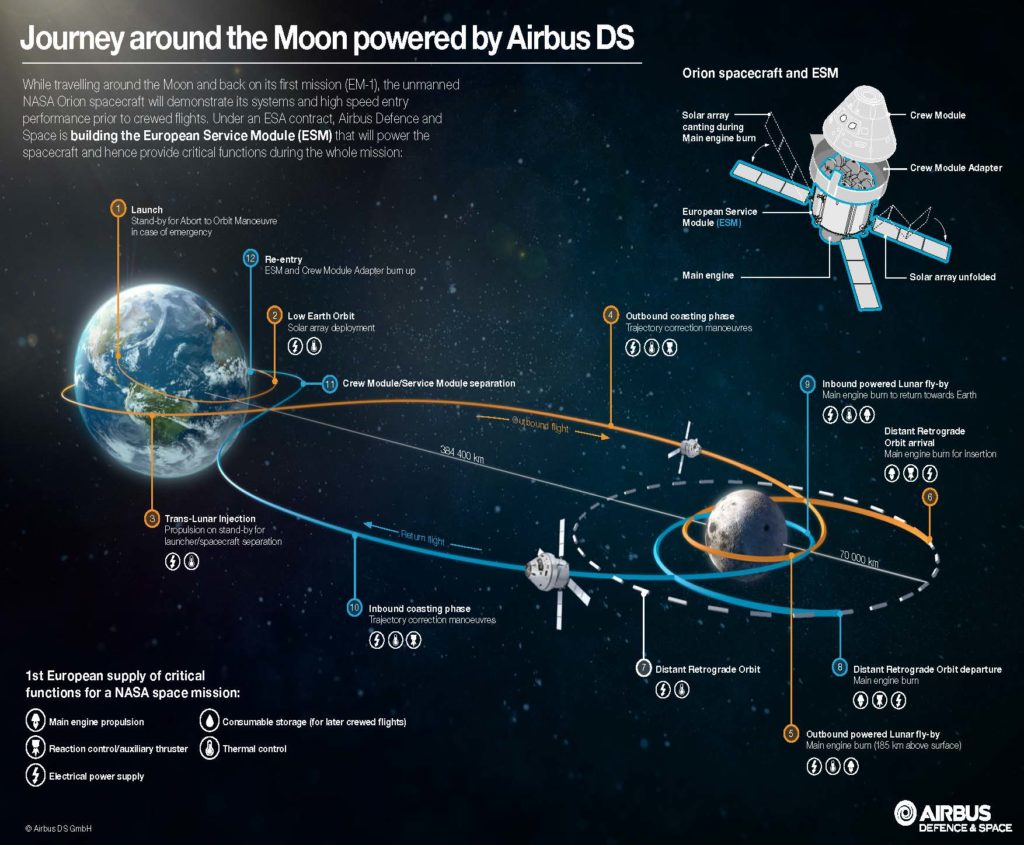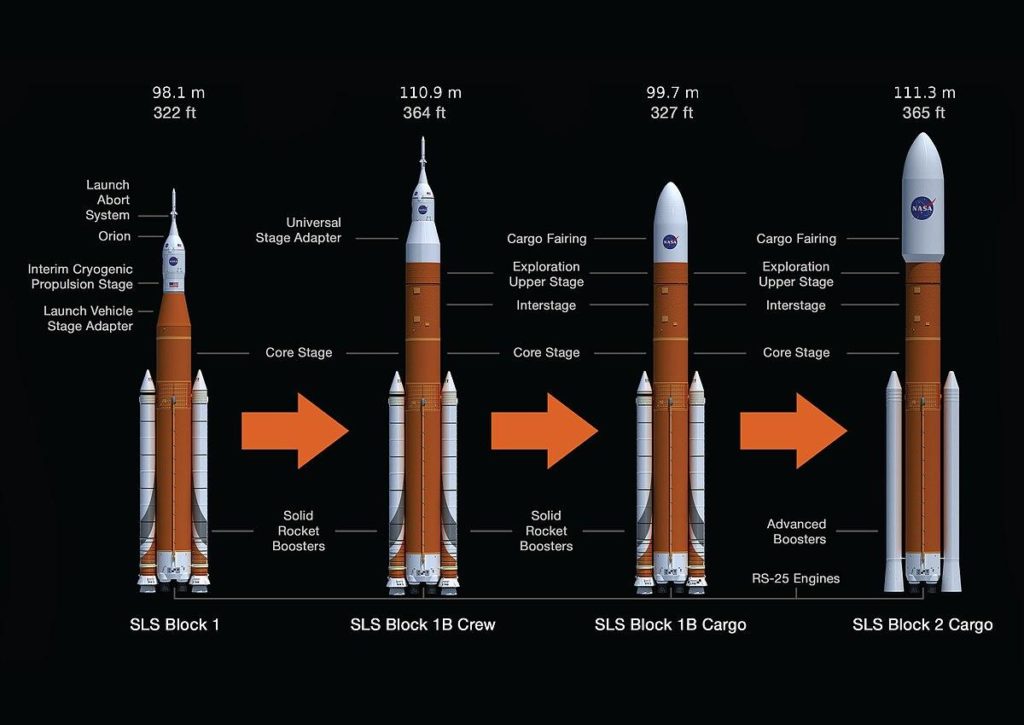To commemorate the 50th anniversary of Apollo 11- reposting this 10-minute interview with Buzz Aldrin recorded on 30 April 2008. This was originally posted as episode 12. Some of the topics we spoke about were
- Only became an astronaut after he failed to acquire a Rhodes scholarship.. twice!
- Saw the Aurora borealis (Northern lights) from New Jersey
- Saw more stars from Texas or Hawaii than when is space. The visor protection prevented him from seeing anything in the night sky except the Earth and the Sun from the lunar surface.
- Dedicated his PhD thesis to the “the crew members of this country’s present and future manned space programs”.
- Was concerned that his illness from Hepatitis may have impacted his NASA selection.
- In 2002 he whacked a guy (persistent conspiracy theorists) at the “spur of the moment”.
- Agrees that the film “In the shadow of the Moon” portrayed an accurate representation of the manned mission to the Moon
